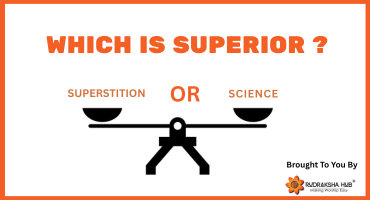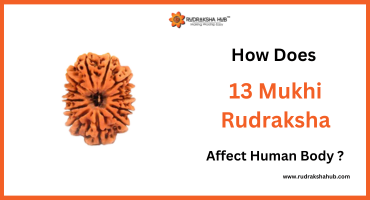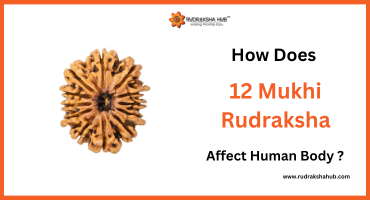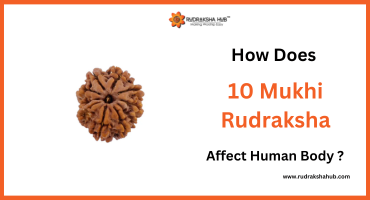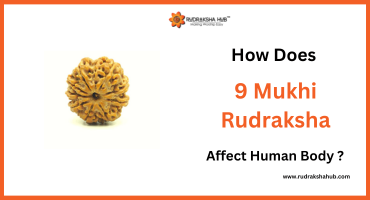
Shrimad Bhagwad Geeta Shlok Blog -61
Shlok-14
मात्रास्पर्शास्तु कौन्तेय शीतोष्णसुखदुःखदाः । आगमापायिनोऽनित्यास्तांस्तितिक्षस्व भारत ॥ 2-14 ||
English Transcription
Matraasparsharstu Kauteya Sheetoshnasukhaduhkhadaah | Aagamaapaayinoyanityaastaanstitikshasva Bhaarat || 2-14 ||
Hindi Translation
Hey Kuntinandan, Inriyon ke vishay, jad padaarth, to sheet anukoolta or ooshna pratikoolta ke dwara sukh or dukh dene wale hain tatha aane jaane wale or anitya hain. Hey Bharatvanshodbhava Arjun, unko tum sahan karo.
English Translation
Contacts with the elements, Son of Kunti, are the source of cold, heat, pleasure, and pain. They come and go eternally. Learn to endure them.
Meaning
In the previous Shlok, we saw how Shri Krishna talked about the transfer of the soul from one body to another to solve a purpose, a reason, and a viewpoint. He explained why these things are natural and have to happen in any case.
In this Shlok, he will talk about emotions and how to control them in adverse or unwanted situations.
Shri Krishna had been explaining how the body can die but the soul cannot and how grieving over death is useless and unwanted and stupid. This was when Arjun had sat on the chariot crying out loud that he wouldn’t fight his brothers and elders in the battle.
Shri Krishna first established the time and cycle of life and death. Now he was trying to explain the emotions that come with it, and even if they are natural, they need not be overpowering the capacity to use brains in the best possible manner.
Shri Krishna explains the relevance of the balancing act. Humans can calculate the amount of emotions they can express for something or someone. This is where they get the understanding of attachment and love for something or someone and the priority they have for these situations.
Along with these are certain coincidences, which were never planned or thought for but they happen due to some activities somewhere else, and thus, people develop specific feelings for some people in an entire lifetime.
The acceptance of both things, the result of a coincidence or the result of the calculations makes the people highly lovable or hate-worthy. There are emotions people develop based upon these factors of want, need, or occurrences. In such cases, love and attachment are natural and it can happen to anyone because there are a lot of things to do and in the previous life, the soul had been in contact with the bodies the person feels loved or attached with.
Acceptance of these things is very important because this way, there are a lot of things that can help with peaceful and logic-infused thinking.
A human being's emotions can vary along with different times, locations, situations, and temperaments. Every person can have a different viewpoint of the same situation and then can hold different actions and different emotions for the same. Thus, someone can be happy with the same thing while someone else can be sad with that. Someone can have a win in the same situation while someone else will have a loss.
This means there is a difference in perception and this means the difference in emotions. This will also mean differences in the ways of expressing that emotion. So, a person needs to understand that even if they aren't feeling what others are feeling or vice versa, where others are not feeling what they are feeling, then there is no guarantee that everyone is going to do the same thing. So why expect anyone else to understand you or your emotions?
Furthermore, the same emotion of a person is never existing with them also for long. It might vary. So anyone who sticks with it and desires that it never changes for anyone else too is not on the right path. Thus, if anyone is not present earlier or later and they are here now means the emotions were also not available earlier or will be there later but they are now and similar to the cycle of life and death of body, there is life and death of emotions. All this to say that if you are feeling sad now because you need to fight your family and kill your brothers, this sadness will erode the moment you see in the macro perspective how many people they have hurt and how many people they will keep hurting if they are to continue.
Then an informed decision can be made. Sacrificing huge for a small gain or sacrificing small for a huge gain is always the question. But that huge can be someone small and that small can be someone’s huge. It is all a game of perspective and if that is not held properly, then there is no use of any emotions or logic.
Arjun had to understand that he thought fighting his brothers was huge for him, but petite for the need of the hour. His crying for the loss was huge for him because he will miss them, but in reality, his peers will not miss those demised souls because they have sacrificed good for seemingly bad and now, they have exhausted their time of life on Earth and they have to die.
Having said this, it is yet important to say that the person doesn't change if their emotions change or perspectives change or ideas change or scenarios change or situations change. A person changes when they don't want to adapt to the macro level knowledge and they desire to hold the micro level all through their lives and then nature forces them to come out from their shell and do the designated. This change may be for the good, maybe for the bad, but it is required and it is needed.
Conclusion
The body never stays like so, like the same, always and forever. The mind never stays the same, always and forever. The emotions never stay the same always and forever. The soul also does not remain the same always and forever. Change is the only dynamic constant and there is no change in which people can have their desire of having everything as is possible. Thus, crying over what has happened or what will happen is a waste of time and waste of knowledge gained, and acting upon the next course of action is majorly important.
That’s it in Shlok-14, Chapter-2 of Shrimad Bhagwad Geeta. We will see you again in Shlok-15, Chapter-2. Till then, stay happy, and keep reading.

